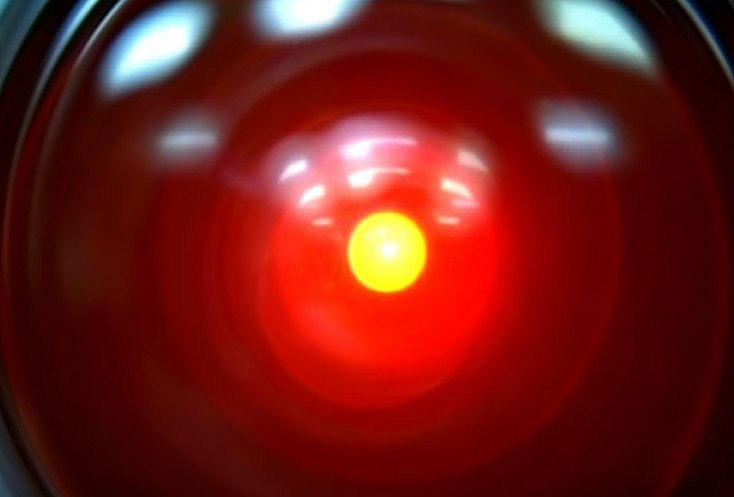MSU researcher looks to biological evolution for clues to improve artificial int
Source: Hintze
 This is HAL 9000, antagonist in the novel (and film) 2001: A Space Odyssey. Hintze said HAL is an "expert system" that's likely a type 1 machine, or poorly designed type 2, that compares a collection of rules and statements with the environment.
This is HAL 9000, antagonist in the novel (and film) 2001: A Space Odyssey. Hintze said HAL is an "expert system" that's likely a type 1 machine, or poorly designed type 2, that compares a collection of rules and statements with the environment.
Our conversation with Michigan State University researcher Arend Hintze.
What could artificial intelligence (AI) mean for us in the future? And when might intelligent machines and technology be at a point where they become an integral part of our lives?
Those are the questions that Michigan State University researcher Arend Hintze explores.
He's an assistant professor of Integrative Biology and Computer Science and Engineering, and he runs the Hintze Lab, where they research the evolution of natural and artificial intelligence.
In his recent article in The Conversation, he writes:
We need to do more than teach machines to learn. We need to overcome the boundaries that define the four different types of artificial intelligence, the barriers that separate machines from us – and us from them.
He writes the four distinct types of artificial intelligence fall into these four categories:
Reactive machines
Limited memory
Theory of mind
Self-awareness
Listen to the interview above to learn about the four different types of AI and its status in today's world.
| }
|